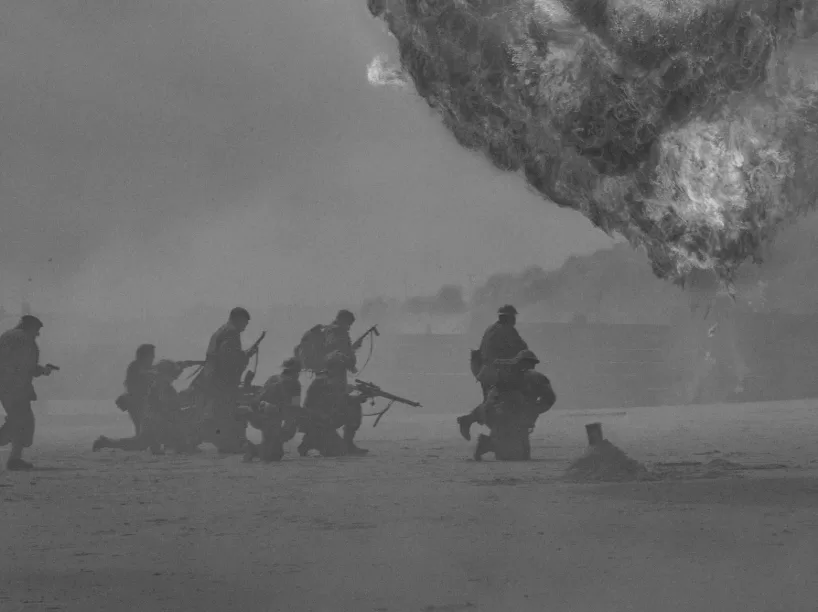Ray Dalio, the renowned American investor and founder of Bridgewater Associates, has put forth the concept of the "Big Cycle" to explain the rise and fall of empires throughout history. According to Dalio, these cycles occur over long periods, typically spanning several centuries, and are characterized by the shift in power and influence between major global powers.
The Historical Shift: A Look at the Rise and Decline of Empires
Over the past 500 years, the world has witnessed the rise and decline of several dominant powers. The cycle often begins with a rising power challenging the existing order, eventually leading to its dominance. This transition occurs due to factors, including economic growth, technological advancements, military strength, and geopolitical dynamics. However, no power can maintain its dominance indefinitely, as internal and external forces contribute to its decline.
Dalio's theory suggests that the United States, like previous global powers, will eventually face challenges and potential decline. History has shown that no empire or nation has managed to stay on top forever. Rome, Spain, the Netherlands, and Britain, among others, all experienced periods of dominance and eventual decline.
There are several reasons why America cannot always stay on top. First and foremost, the global balance of power is constantly evolving. As other nations, particularly emerging powers like China, grow economically and technologically, their influence on the world stage increases. This shift in power dynamics creates a natural competition between established and rising powers.
Secondly, internal factors within the United States can contribute to its challenges. Economic disparities, political polarization, social divisions, and the inherent complexities of a democratic system can hinder effective governance and decision-making. These factors may weaken America's ability to address pressing issues and adapt to changing global circumstances.
Inevitably, conflicts of interest and ideological clashes arise between dominant and rising powers. A potential conflict between the United States and China has been a subject of concern and speculation in recent years. As China's economic and military strength continues to grow, it challenges America's global dominance. Competition for resources, influence, and control in various regions can potentially lead to heightened tensions between the two nations.
An Uncertain Future: Lessons from the Big Cycle
While the concept of a conflict between the United States and China may seem plausible, it is important to approach such predictions with caution. The future is uncertain, and the course of events can be influenced by numerous factors, including diplomacy, economic interdependence, technological advancements, and shifts in global alliances.
Ray Dalio's Big Cycle theory provides valuable insights into the rise and fall of empires throughout history. It reminds us that no nation can maintain its position of power indefinitely. However, predicting the exact timing and outcome of future events remains challenging. The key lies in recognizing the changing dynamics of global power, fostering cooperation and understanding among nations, and adapting to the challenges and opportunities presented by an evolving world.







